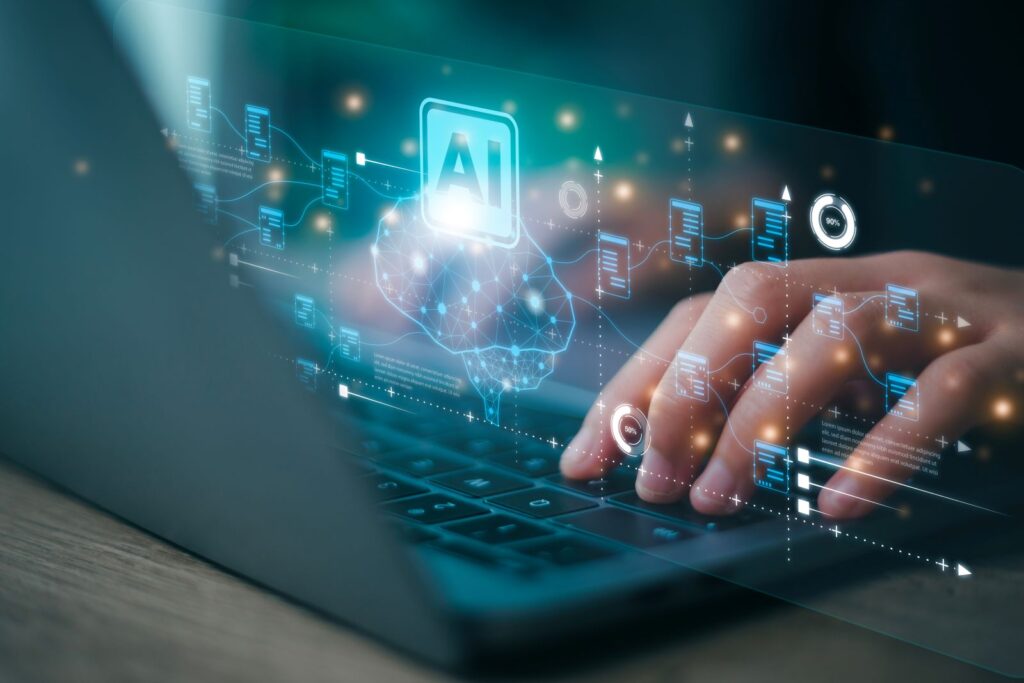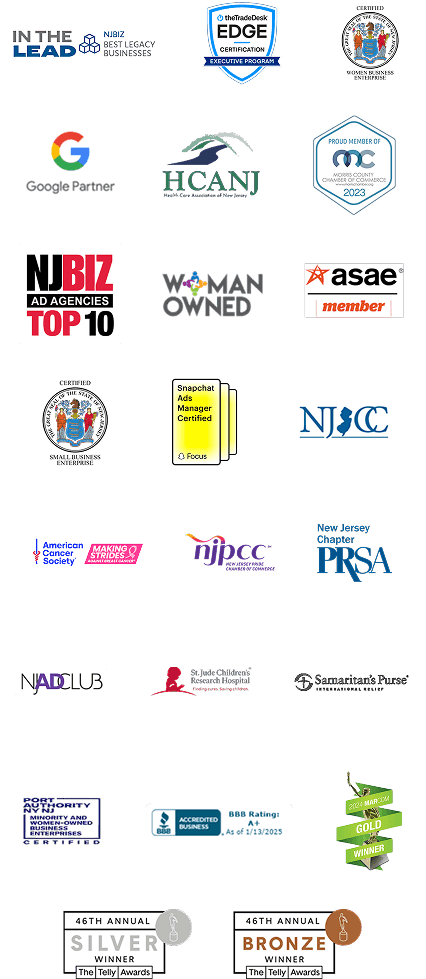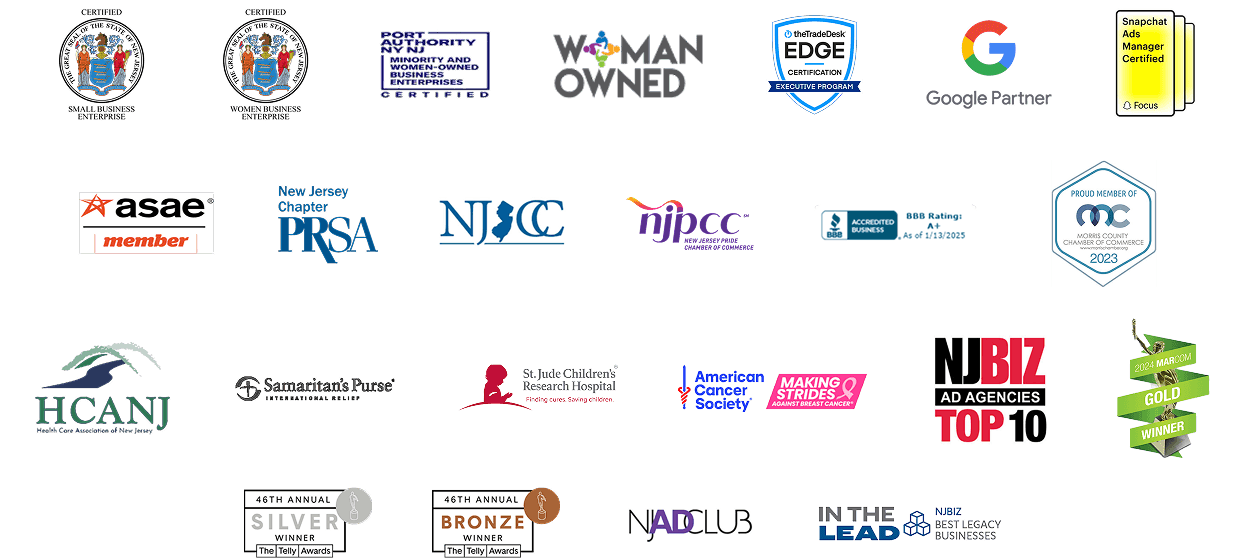Embrace but Don’t Replace: The Role of AI in Recruitment

It’s not a question of should employers be using Artificial Intelligence (AI) in their hiring efforts, but how? Employers are both excited and worried about leveraging AI in their recruitment strategy. According to LinkedIn’s 2024 Future of Recruiting report, 62% of Talent Acquisition professionals are optimistic about AI’s impact on recruitment



